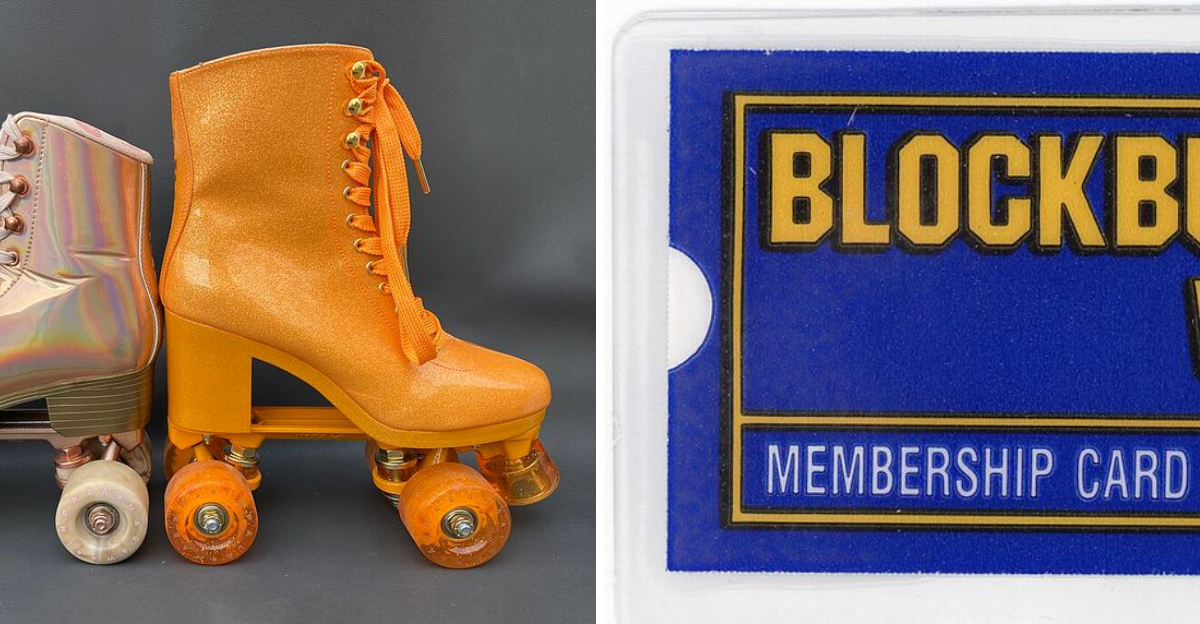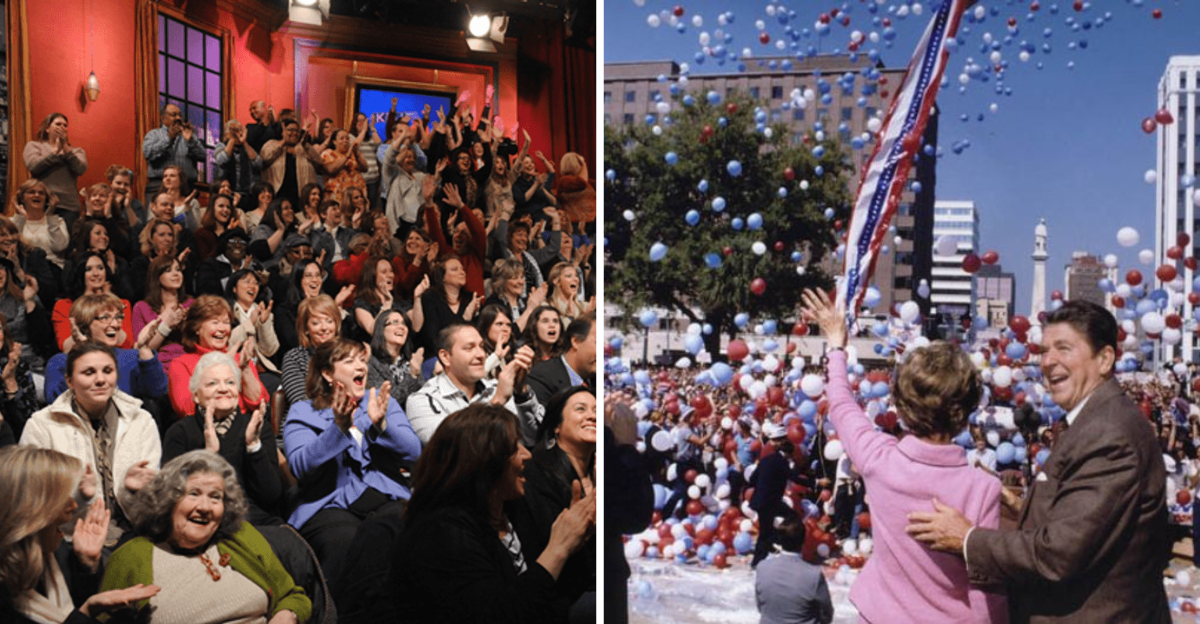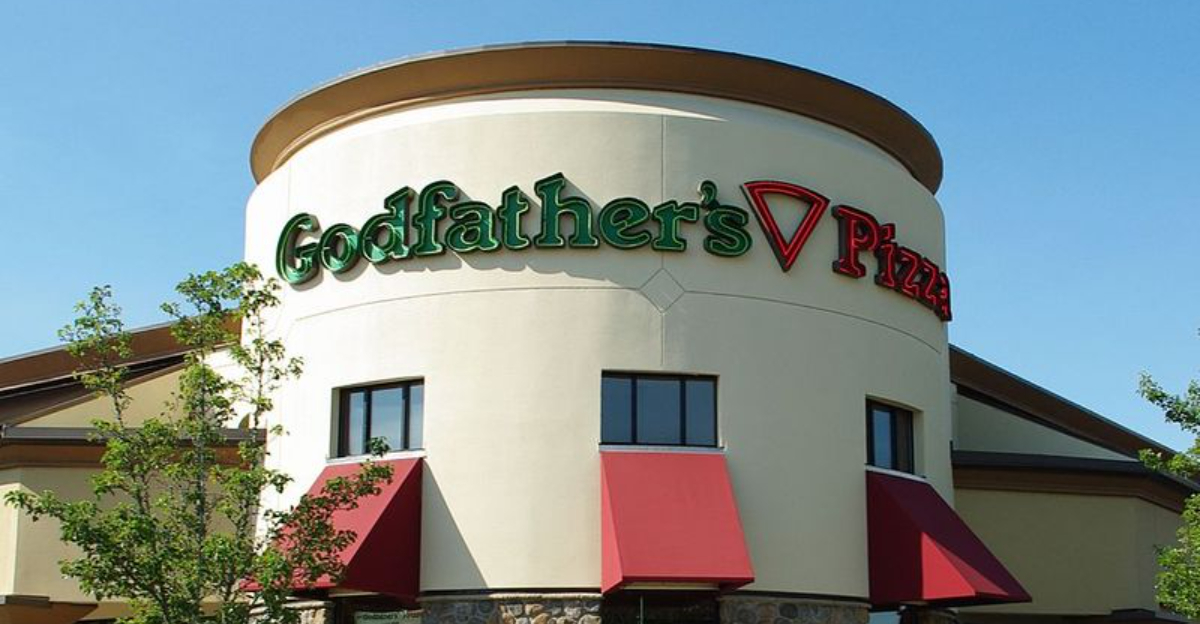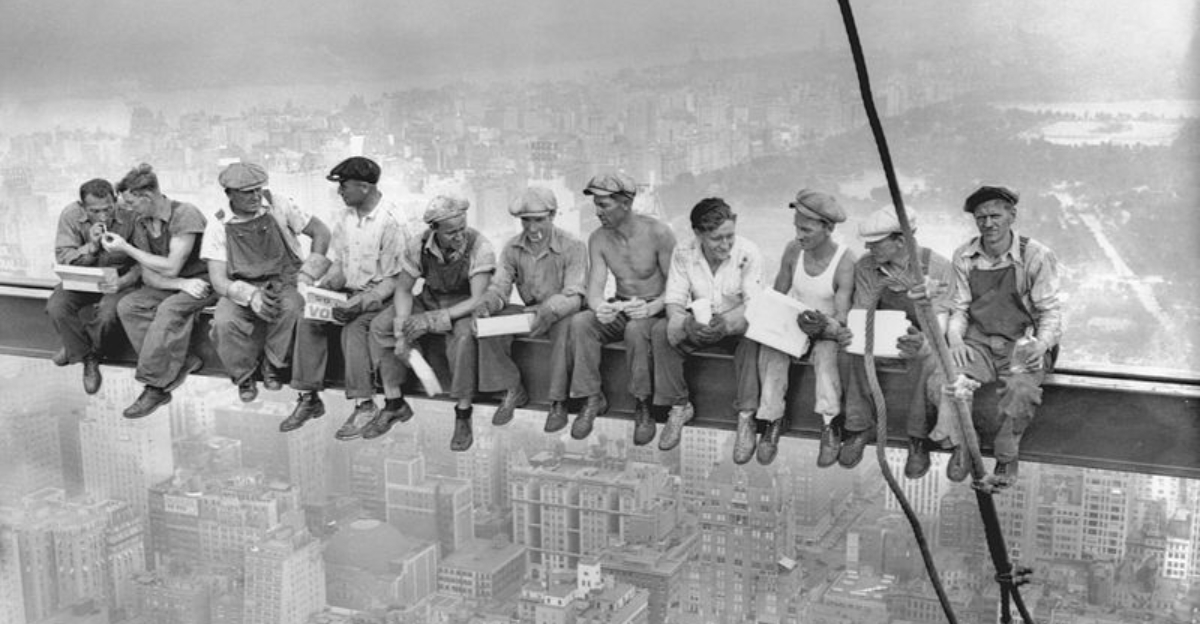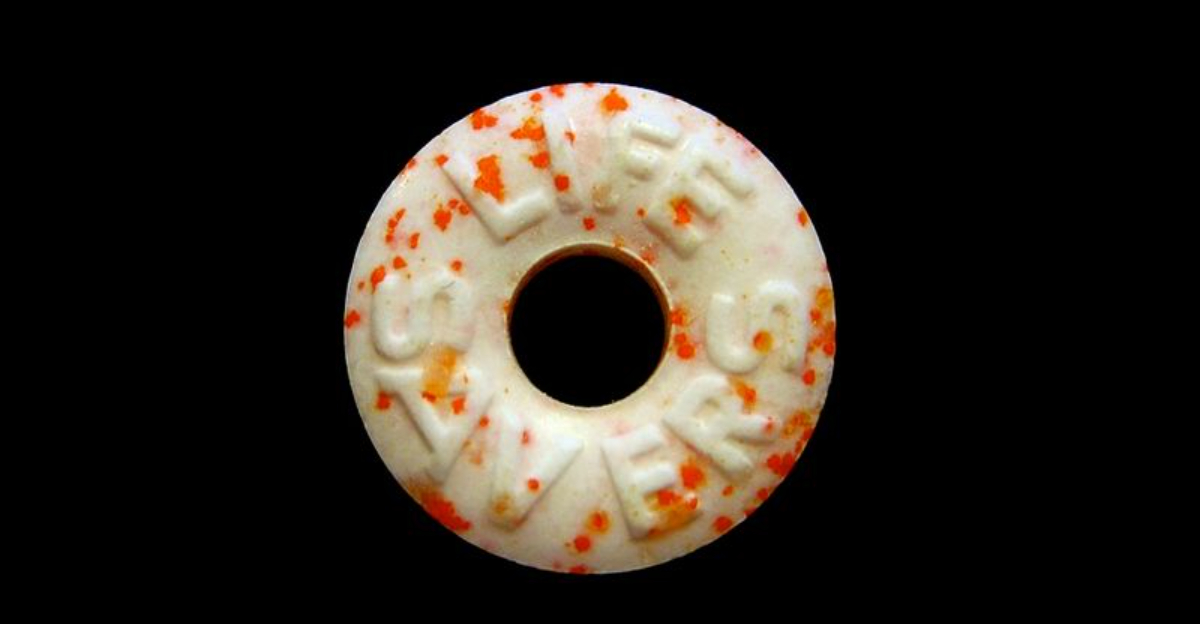20 Slang Terms That Have Faded From Common Use
Language changes faster than fashion trends, and slang words that once ruled schoolyards and street corners eventually disappear into history books.
Words your grandparents thought were totally cool now sound hilariously outdated. Join us on a time-traveling journey through slang terms that have practically vanished from everyday conversations, and discover the groovy expressions that once defined entire generations.
1. Groovy

Back in the 1960s, everything awesome was groovy. Hippies used this word to describe anything excellent, from music festivals to bell-bottom jeans.
The term originally came from jazz musicians in the 1930s but exploded during the flower power era. Though it sounds totally retro now, groovy perfectly captured the laid-back, peaceful vibes of its time.
2. Radical
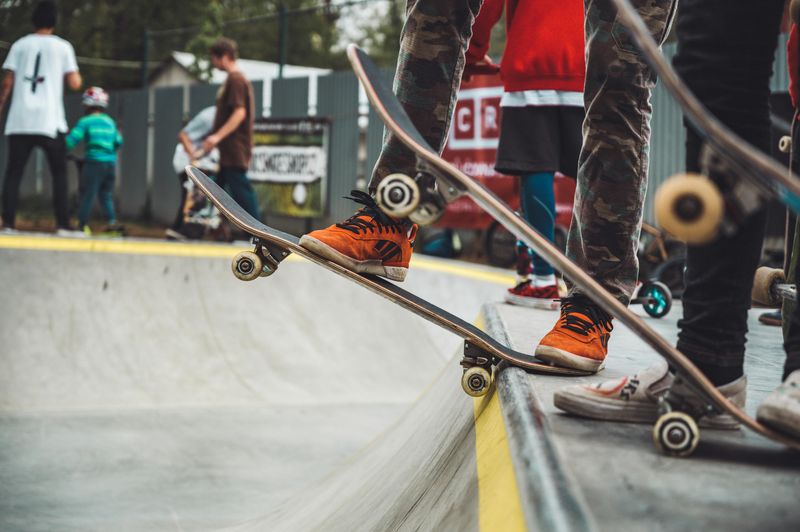
Skateboarders and surfers made radical (or rad) the ultimate compliment during the 1980s. If something was incredibly cool or daring, you called it radical without hesitation.
The word literally means extreme, which fit perfectly with the adventurous spirit of extreme sports culture. Today, people mostly use radical in political or mathematical contexts instead of praising someone’s awesome trick.
3. Far Out

When hippies encountered something mind-blowing or unconventional, they exclaimed far out with genuine enthusiasm. This phrase captured the counter-culture’s fascination with expanding consciousness and breaking boundaries.
Originally meaning distant or remote, the slang version described ideas or experiences that pushed beyond normal limits. Nowadays, saying far out makes you sound like you stepped straight out of a time machine.
4. Tubular
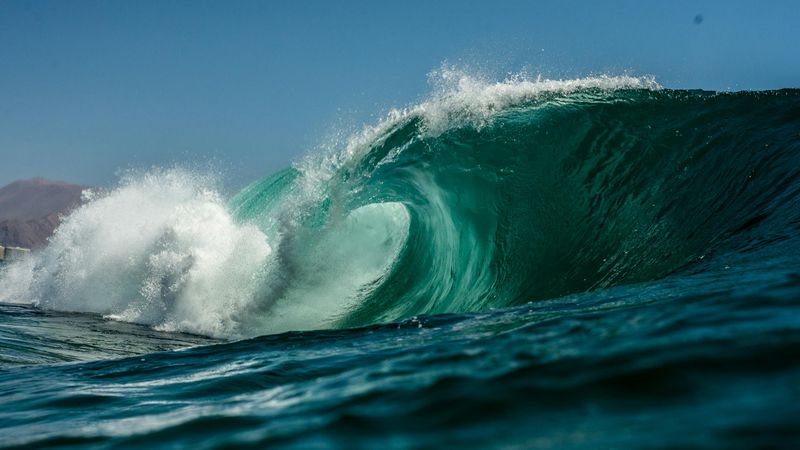
Surfers created tubular to describe the hollow barrel formed by a perfect wave. Soon, everyone started using it to mean awesome or excellent.
The word dominated 1980s California beach culture and spread through movies and television shows. Though tubular sounds hilariously dated now, it represented the ultimate achievement for any surfer catching waves along the Pacific coast.
5. Bodacious

Combining bold and audacious, bodacious meant remarkably impressive or excellent throughout the 1980s. Southern speakers originally used it, but California surfers and skaters made it nationally famous.
The word perfectly captured the over-the-top enthusiasm of the decade. Movies like Bill and Ted’s Excellent Adventure cemented bodacious in pop culture history, though most people today recognize it only as delightfully retro.
6. G*g Me With A Spoon

Valley girls from Southern California invented this dramatic phrase to express extreme disgust. If something was totally gross or uncool, you declared gag me with a spoon.
The expression sounds ridiculously exaggerated now, but it perfectly matched the theatrical speaking style of 1980s mall culture. Though the phrase died out quickly, it remains iconic for capturing that specific moment in time.
7. Keen

Before groovy existed, teenagers in the 1950s called everything keen. The word meant enthusiastic, sharp, or excellent depending on context.
Parents and teachers actually approved of keen because it sounded more respectable than other slang. Sock hops and soda fountains were keen hangouts where teenagers gathered after school, making memories that defined the wholesome decade.
8. Swell
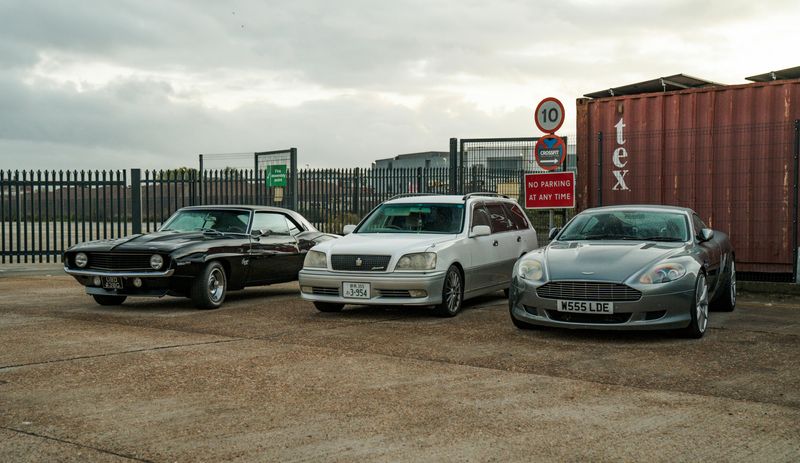
During the 1940s and early 1950s, swell described anything wonderful or first-rate. People used it constantly to compliment everything from dates to new cars.
The word carried a cheerful, optimistic tone that matched postwar American culture. Though swell sounds charmingly old-fashioned today, it represented genuine enthusiasm and satisfaction during simpler times when life felt more straightforward.
9. Gnarly
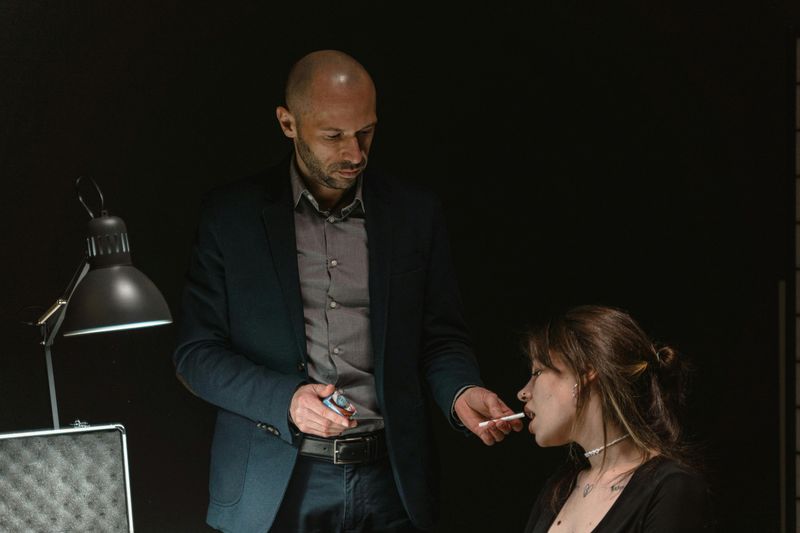
Gnarly started as surfer slang describing dangerous, twisted waves but evolved to mean awesome or extreme. Skateboarders adopted it to describe challenging tricks and intense situations.
The word could be positive or negative depending on tone and context. Though gnarly faded from mainstream vocabulary, it perfectly captured the daring spirit of 1980s action sports culture and remains nostalgic for that generation.
10. Boss
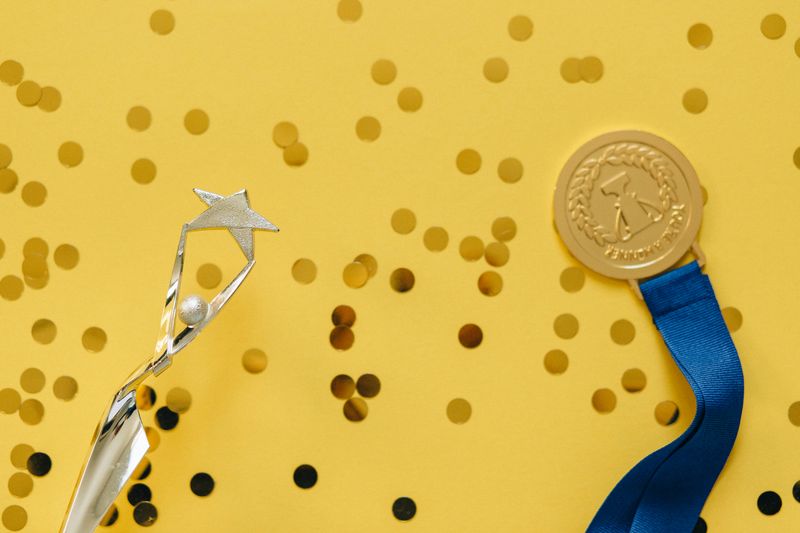
Calling something boss meant it was superior or excellent during the 1960s. The term came from African American communities before spreading widely through popular music.
Rock bands and soul artists used boss constantly in songs and interviews. Though workplace supervisors still carry the title, using boss as a compliment sounds amusingly retro now, like wearing platform shoes to school.
11. D*g It
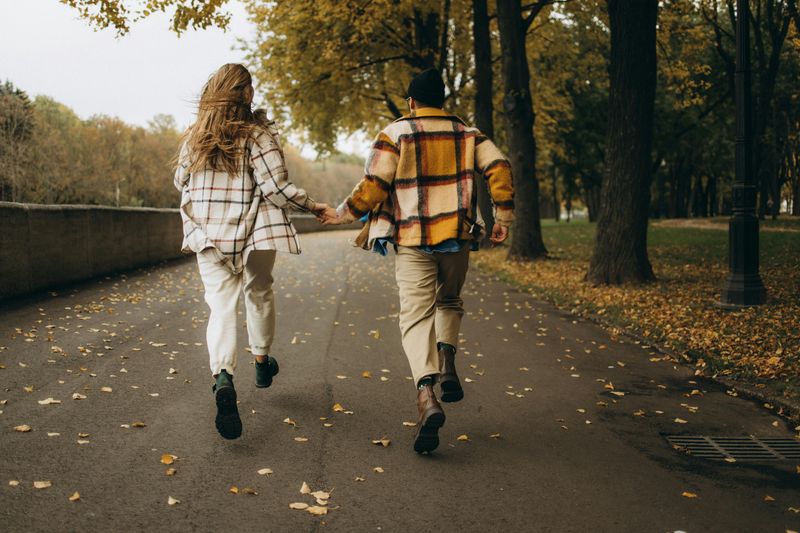
Jazz musicians created dig it to mean understand or appreciate something deeply. Beatniks and hipsters made the phrase popular throughout the 1950s and 1960s.
Saying I dig it showed you truly understood the deeper meaning or quality of something. The expression carried intellectual and artistic connotations that separated cool cats from squares, making it essential vocabulary for anyone hanging around coffeehouses.
12. Nifty
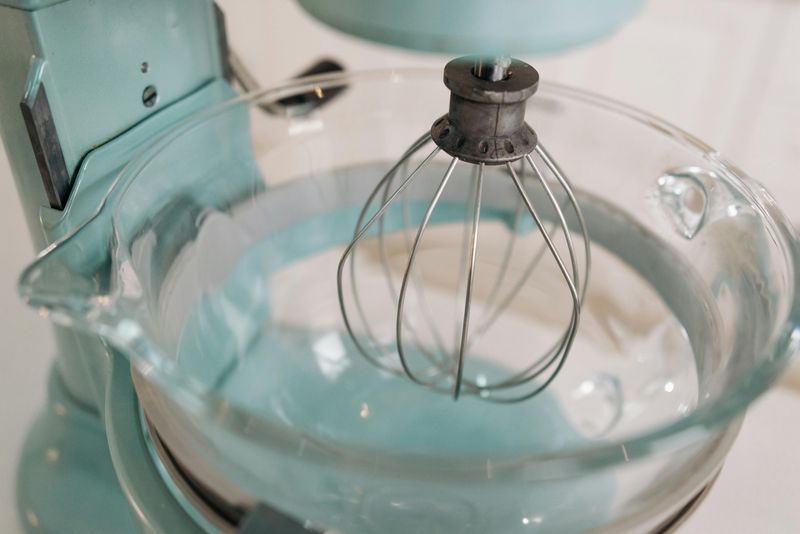
Nifty described anything clever, stylish, or particularly good during the mid-20th century. People loved using it to describe new inventions and clever solutions.
The word carried a sense of impressed approval, like discovering a handy kitchen gadget that actually worked. Though nifty sounds adorably vintage now, it perfectly captured the era’s fascination with modern conveniences and smart innovations.
13. Outta Sight
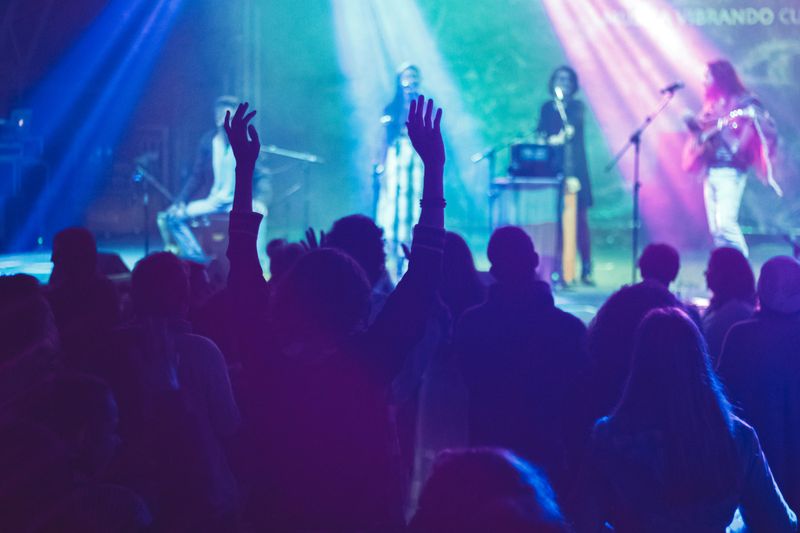
When something exceeded all expectations, 1960s youth declared it outta sight. The phrase meant beyond comprehension or fantastically amazing.
Psychedelic rock concerts and mind-expanding experiences were frequently described as outta sight. The expression captured the decade’s fascination with transcendence and pushing boundaries, though saying it today makes you sound like a time traveler from Woodstock.
14. Righteous
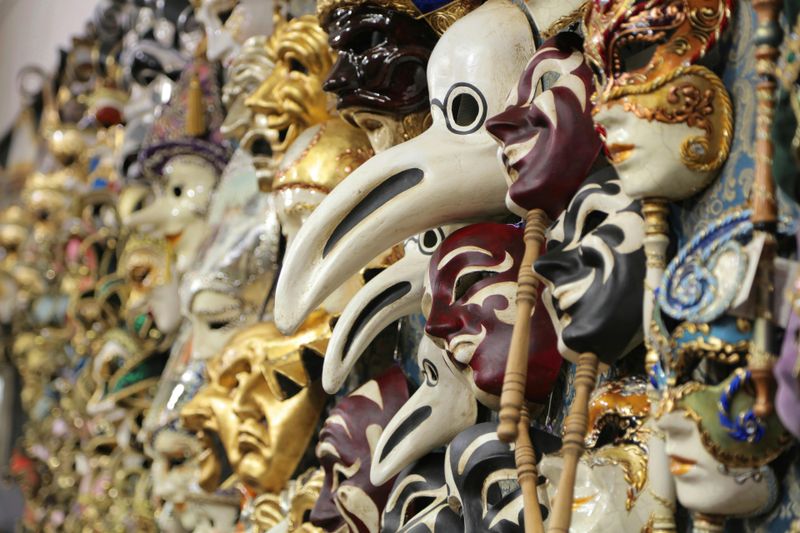
Righteous evolved from its religious meaning to become 1970s slang for excellent or morally correct. Surfers and hippies used it constantly to approve of actions or ideas.
Saying that’s righteous showed you thought something was genuinely good and authentic. The word carried positive vibes and ethical overtones that matched the era’s focus on social justice and environmental awareness.
15. Hep Cat
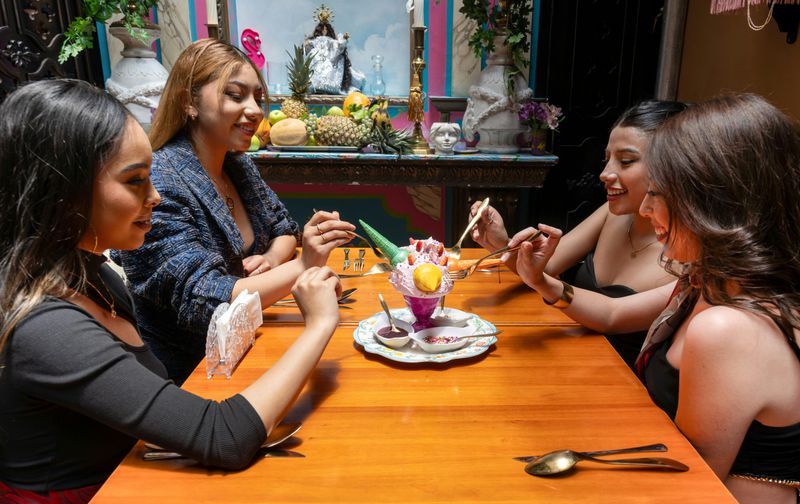
Before hipster existed, jazz lovers in the 1940s were called hep cats. The term described someone knowledgeable about the latest music and cultural trends.
Being a hep cat meant you understood jazz rhythms and could speak the insider language. The phrase eventually evolved into hip and later hippie, but hep cat remains frozen in time like a black-and-white photograph.
16. Cooties

Playground legend claimed cooties were imaginary germs spread by the opposite gender. Kids treated cooties like a contagious disease throughout most of the 20th century.
Elaborate games involved giving or avoiding cooties through touch. Though the word technically means lice, its playground meaning has largely disappeared as modern children develop different social dynamics and use updated slang terms instead.
17. Psych

Yelling psych after fooling someone became hugely popular during the 1980s and 1990s. The word announced you were just kidding after making someone believe something false.
Pranksters loved using psych to reveal their jokes and tricks. Though the term has mostly vanished from casual conversation, it represented a specific brand of playful teasing that defined schoolyard humor for an entire generation.
18. Cowabunga

Originally from a 1950s television show, cowabunga became a surfer exclamation meaning excitement or enthusiasm. The Teenage Mutant Ninja Turtles revived it during the 1990s.
Shouting cowabunga expressed pure joy before attempting something daring or celebrating success. Though it sounds hilariously dated now, the word perfectly captured carefree beach culture and cartoon-fueled childhood adventures.
19. P*at
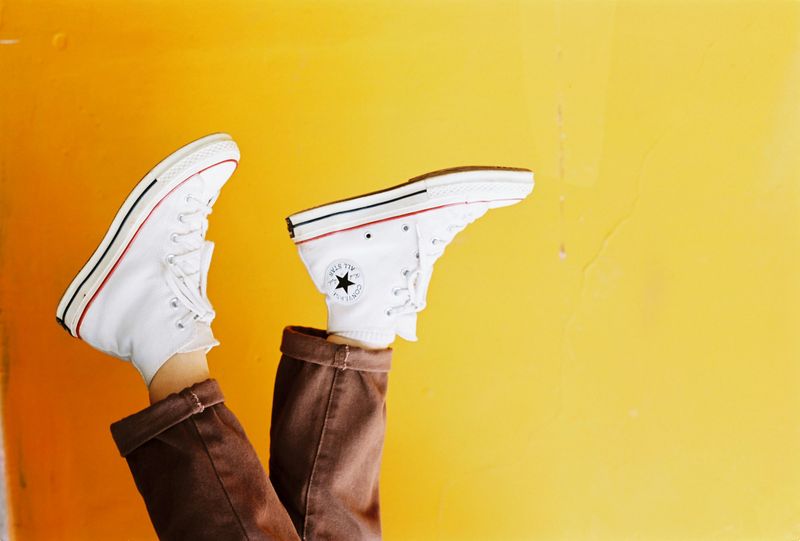
Hip hop artists spelled p*at with a ph to mean excellent or cool during the 1990s. The deliberate misspelling distinguished it from the negative meaning of fat.
Everything from beats to sneakers could be described as phat in urban culture. Though the term dominated music videos and fashion magazines for years, it eventually faded as new slang replaced it in constantly evolving street vocabulary.
20. All That And A Bag Of Chips

This elaborate phrase meant someone thought highly of themselves or actually was exceptionally great. Adding a bag of chips emphasized the extra specialness.
The expression became so popular that a Nickelodeon show borrowed its name. Though wonderfully specific to 1990s humor, the phrase now sounds amusingly complicated compared to simpler modern slang like fire or lit.

